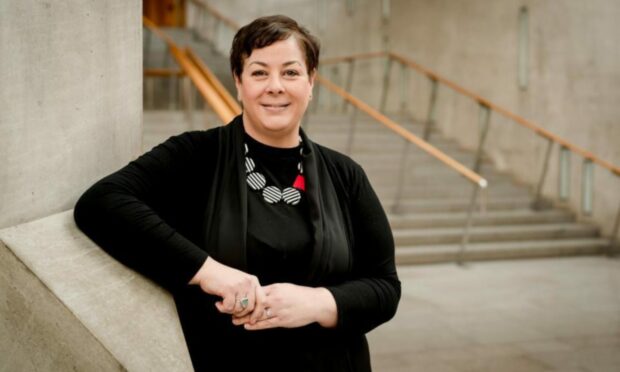Scotland’s rural areas need “vital” support to tackle alcohol disease and illness after another rise in deaths, a liver specialist warns today.
The worrying trend could be part of a “quiet pandemic”, particularly in island communities, it was also warned.
The new annual findings show:
- The Western Isles recorded 16 deaths, the highest total there in nearly a decade.
- A total of 66 Scots died in the Highlands, the highest tally for 12 years.
- Aberdeen recorded its second highest ever number of alcohol deaths at 49.
- Deaths have also increased in Aberdeenshire, Moray and Shetland.
‘Unique cultural drinking context’
Liver specialist Dr Alastair MacGilchrist, of the Scottish Health Action on Alcohol Problems, sounded the alarm as national figures showed deaths linked to drink were at their highest level in 14 years.
“Individuals living in rural areas have a unique social and cultural drinking context and experience major barriers in accessing support,” he told the P&J.
“We are deeply saddened to see the increase in deaths in remote rural areas.
“Remote and rural areas must be specifically considered in any future alcohol strategies – with particular consideration given to funding of rural services and reducing the stigma associated with accessing support and treatment.”
National total worse in 14 years
Across Scotland, 1,276 lives were lost in 2022 as a result of the growing crisis with fatalities hitting their highest level in 14 years.
But the new figures, released by National Records of Scotland, indicated a stark problem is emerging in much of the north and north-east.
Justina Murray, from Scottish Families Affected by Alcohol and Drugs, said little progress is being made in the Highlands and Western Isles.
“In remote and rural areas, there are particular challenges for people who are concerned about their own drinking to be able to access the treatment and support that they need.
“It is vital that our response to Scotland’s alcohol emergency recognises that no matter where you live, you should have the same access to good quality treatment and support options.”
Scale of crisis
The new statistics released today show more than 22 people in every 100,000 died as a result of alcohol last year across Scotland.
People living in the country’s most deprived areas were 4.3 times more likely to die compared to those in the most affluent postcodes.
When adjusting for age, the Western Isles was one of four council areas north of the border above the national average.
From 2018 to 2022, the Outer Hebrides had an average of 30 deaths per every 100,000 residents, indicating the scale of the crisis on the islands.
Local MP Angus MacNeil said: “Unless economic circumstances change markedly in the islands to reduce risk factors, then awareness of the dangers to health from alcohol has to be clearly communicated.
“There is much work going on behind the scenes to address drug and alcohol issues in my constituency – through efforts such as the Outer Hebrides Drug and Alcohol Partnership.”
Western Isles Labour candidate Torcuil Crichton said alcohol problems are on a scale with drugs.
“Despite the professional and voluntary efforts to tackle alcoholism the illness remains a persistent problem in the islands and I suspect that behind the figures there is a quiet pandemic of alcoholism amongst women which isn’t reported but should be addressed,” he said.
“This is a public health emergency on the same scale as Scotland’s drug death crisis, and both are the legacy of the SNP’s shameful cuts to drug and alcohol partnerships.”
The SNP’s minimum unit pricing policy, which was introduced in 2018 to tackle alcohol abuse, came under scrutiny as the latest figures emerged.
But the Scottish Government’s drugs minister Elena Whitham defended the policy, insisting it has “saved hundreds of lives”.
Responding to the statistics, she said: “Every life lost is a tragedy and my sympathy goes to all those affected by the loss of a loved one through alcohol.
“While we will need to better understand the reasons for this increase in deaths, I will do all I can to reduce alcohol-related harm.”



